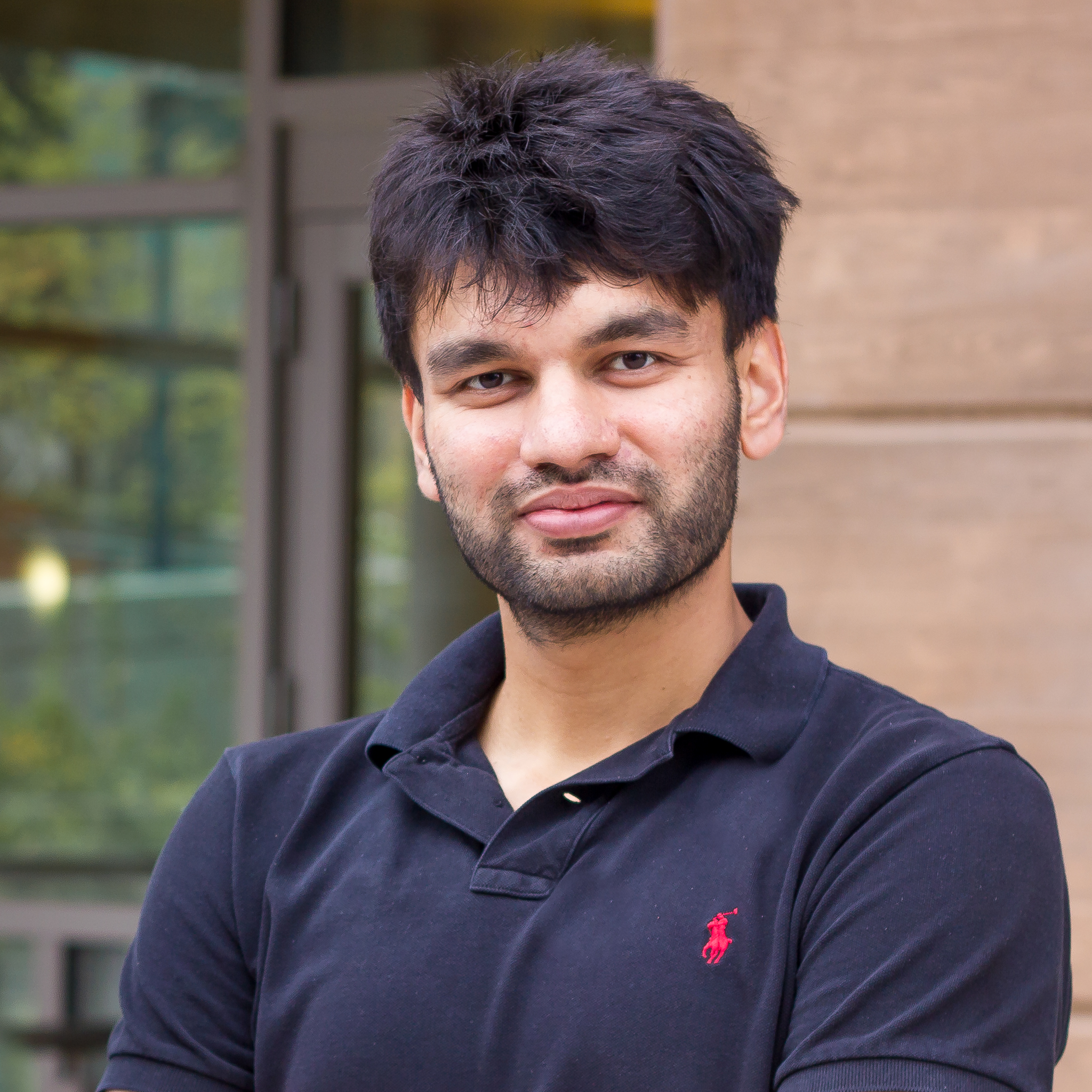Latest Past Events
AI Horizons: Towards physical intelligence by Pulkit Agrawal
COM3, School of ComputingThe talk revolved around an advanced framework for developing robots with capabilities akin to human physical intelligence. This innovative approach was focused on enabling robots to master complex sensorimotor tasks with reduced human intervention. Key highlights included case studies of a highly skilled manipulation system, an agile quadruped robot, and a robot capable of lifelong learning for manipulating objects. Additionally, the talk delved into algorithmic enhancements aimed at simplifying the training process for these robots, integrating inputs from direct demonstrations and autonomous exploration.
AI Horizons: Interactive Learning and Control in the Era of Large Models By Dorsa Sadigh
COM3, School of ComputingThe talk delved into interactive learning, emphasizing learning objective functions from human feedback to capture preferences. It highlighted using large language models for value alignment and reward design in AI, extending beyond preference-based learning. The speaker discussed the importance of large pre-trained models in robotics, focusing on two aspects: pre-training for robotics tasks and using these models for more aligned AI agents. Key topics included "Voltron," a language-informed approach for robotics, and leveraging Large Language and Vision Models to understand human preferences and assist in teaching. The talk concluded with insights on how large models can identify and transform patterns, aiding in solving control problems.
NUSAiL Distinguished AI Lecture Series – Prof Marta Kwiatkowska
NUS Computing COM1 #02-06 Seminar Room 1 (SR 1) COM1 13 Computing Drive Singapore 117417Computing systems are becoming ever more complex, with automated decisions increasingly often based on deep learning components. A wide variety of applications are being developed, many of them safety-critical, such as self-driving cars and medical diagnosis. Since deep learning is unstable with respect to adversarial perturbations, there is a need for rigorous software development methodologies that encompass machine learning components. This lecture will describe progress with developing automated certification techniques for learnt software components to ensure safety and adversarial robustness of their decisions, including the role of causality, uncertainty and neuro-symbolic approaches.


